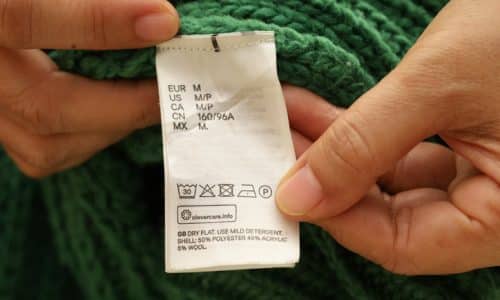As school begins, children look forward to new friends, new teachers and new ideas. In the first few weeks that school is in session, parents look forward to hearing feedback from teachers and educators about the progress their child is making. Are they mastering skills, participating in class and able to adapt to the classroom environment? When this initial feedback indicates the child may be having difficulties beyond getting settled in this new atmosphere, it may be time to consider an IEP, or Individualized Education Plan.
What is an IEP?
An Individualized Education Plan doesn’t mean your child will learn different things or be excluded from learning in any way. An IEP is an approach to specialized education to ensure children continue to learn and develop alongside their peers as well as possible. An IEP means that your child’s teacher will recognize your child’s unique way of learning and create accommodations to help your child be more successful academically. These accommodations can cover a wide variety of situations, such as giving your child more time to take a test, allowing your child to complete certain assignments verbally rather than in writing, or perhaps giving your child permission to stand up occasionally instead of sitting for extended periods of time.
How common are IEPs?
In Illinois, roughly 15% of all students make use of IEPs.
How would the need for an IEP be identified?
The first step in the Illinois Department of Education’s 10-step guide to IEPs is to identify a potential need for an IEP. In many cases, parents will know well before their child enters a classroom that they’ll qualify for and benefit from an IEP. In Illinois, there are 13 categories of disability that make a child eligible for an IED. While most of these are developmental or physical disabilities that are typically identified in infancy or early childhood, one category, “specific learning disabilities,” may not present until the child enrolls in school and begins experiencing signs of struggle.
A specific learning disability (SLD) can be defined as follows: “A disorder in one or more of the basic psychological processes involved in understanding or in using language, spoken or written, that may manifest itself in the imperfect ability to listen, think, speak, read, write, spell, or to do mathematical calculations.”
You might suspect this adverse performance or academic struggles yourself, it might come up by way of screening questions from your pediatrician, or your child’s teacher may see signs in the classroom.
How do we begin to develop an IEP for our child?
Beginning at Imagine Pediatric Therapy will help facilitate and streamline this often complicated and intimidating process. IEPs do not approach learning difficulties with a one-size-fits-all response, so it’s important to think about IEPs not so much as a solution to a problem but an educational service for which your child might qualify.
The eligibility requirements are relatively well defined: does the child have a disability that adversely affects their educational performance that requires a special service? However you begin initiating a discussion about an IEP, once a potential need is established, you’ll assemble an IEP team.
When you work with Imagine Pediatric Therapy, we’ll have these resources at the ready, prepared to screen your child and provide services such as speech therapy or occupational therapy. IEP teams and services will look a little different based on the child, the disability and the accommodations recommended. Central to the team are the parents, the child wherever possible and appropriate, and the teachers most directly impacted by the IEP guidance. School administrators, special education specialists, your pediatricians, and the Imagine Pediatric team of therapists commonly serve on IEP teams to both establish eligibility and to ensure a broad and unified approach to improving your child’s learning outcomes.
Your child’s team will determine eligibility and develop a plan for tracking and improving your child’s classroom performance. The plan and report will guide a broader process of learning inside and outside the classroom over time. Illinois law requires IEPs be reviewed and evaluated annually and any member of the IEP team might request a review based on the individual needs of the child.
Won’t my child just grow out of this?
As with many developmental and learning challenges, early intervention produces a compounding benefit over time. The sooner an IEP team can create a plan and put appropriate accommodations in place, the sooner a child can take a more active role in their own learning, creating success. Studies have shown that students who received specialized education interventions between grades 4 and 5 saw improvements in academic performance, while students who received interventions in 7th grade or later saw no significant improvement. The sooner a learning disability is identified and addressed, the sooner a child can adjust to that challenge and spend their energy learning more effectively.
We know that the volume of students in Illinois who qualify for an IEP, plus the number of people needed for each IEP team, carried out every school year creates real pressures on parents, children, educators and everyone involved. However, the consequences of inaction can be severe.
If your child’s teacher or you notice your child struggling, don’t wait. Call Imagine Pediatric Therapy at 773-373-3333 or email us to schedule an evaluation to help support your child’s IEP.



